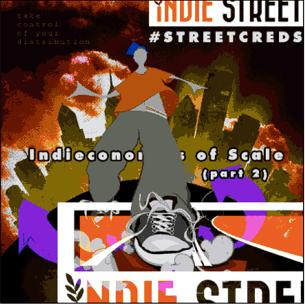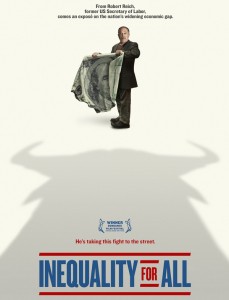By Annelise Larson
All hail the power of search! If you have read Part 1 and Part 2 of this series I hope I have made you a true believer and helped you understand why it is critical to be search friendly. Now here are 10 search engine optimization tips to help you walk the SEO walk:
#1 – Get problematic technology out of the way.
Technologies like Flash, JavaScript, splash pages, redirects and even too many images instead of text can cause HUGE problems for search friendliness. They can get in the way of the search engines understanding what your site is about, which still lies predominantly in the visible text on the page. Find a balance between the wow and the words.

#2 – Leverage tags.
Here are some of the places you can include keywords from your research:
-
HTML title tag (Appears in your page programming, the top of browsers and is the title seen in search results. Make it intriguing to human searchers but also include keywords reflective of the content on your page.)
-
Meta description tag (Appears in search engine listings as the description for your page. Allows you to control your branding, but doesn’t help improve search performance.)
-
Video & image titles (Visible titles for your video and image assets can include important keywords to help with findability in search, but they need to be relevant.)



 When considering how to apply business concepts like economies of scale to Independent film, in the case of production we have to reorganize our thought process a little. In this post, we start by treating a small group of Indie filmmakers as a story producing company with each member having both objective story telling capital (skillset, equipment, etc.) and subjective story-telling capital (interest in project, loyalty, emotional connection to material). The more story-telling capital that can be attained through cooperation, the more a group can benefit from production Indieconomies of scale.
When considering how to apply business concepts like economies of scale to Independent film, in the case of production we have to reorganize our thought process a little. In this post, we start by treating a small group of Indie filmmakers as a story producing company with each member having both objective story telling capital (skillset, equipment, etc.) and subjective story-telling capital (interest in project, loyalty, emotional connection to material). The more story-telling capital that can be attained through cooperation, the more a group can benefit from production Indieconomies of scale.

 So there I was. I had totally given up on my film career in LA, and gone to live in Berkeley, CA. In trying to put together a fiction film, I had met Robert Reich and become friends with him. Reich and I had started making short videos together, they were successful, and I had begun thinking about how to make a film about what had happened to the American economy and the Middle class. But I had no idea where to start.
So there I was. I had totally given up on my film career in LA, and gone to live in Berkeley, CA. In trying to put together a fiction film, I had met Robert Reich and become friends with him. Reich and I had started making short videos together, they were successful, and I had begun thinking about how to make a film about what had happened to the American economy and the Middle class. But I had no idea where to start.

